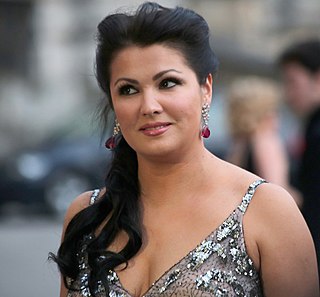A Quote by Ernest Sosa
Philosophers do need to have intuitions of various specific sorts: ethical, metaphysical, etc., depending on their targeted subject matter. And they must make intuition reports, as they record the contents of their intuitions. But they need not go into whether an intuition has been enjoyed.
Related Quotes
In the new alchemy, we have a similar kind of way of thinking. Our internal space includes our intuitions, our thoughts, our senses and our feelings, and from these we construct or build a picture of the outside world. From intuition and thought, we construct time. We also construct space from thought and our sensations. From our senses and our feelings, we experience energy, and from our intuitions and our feelings, we experience motion.
We all have within us a deep sense of what we need, and what is right and true for us. To access this we need to pay attention to our feelings and our intuition. We need to learn to listen deeply to ourselves and to trust what we hear. And we need to risk acting on what we feel to be true. Even if we make mistakes, we must do this in order to learn and grow.
The concept of intuition is more often used in philosophical theorizing than is the concept of observation in scientific theorizing (proportionately). One reason is that there is (proportionately) more ostensible conflict of philosophical intuitions than there is ostensible conflict of scientific observations. So much for the use of a concept of intuition in philosophical theorizing.
Leaders trust their guts. "Intuition" is one of those good words that has gotten a bad rap. For some reason, intuition has become a "soft" notion. Garbage! Intuition is the new physics. It's an Einsteinian, seven-sense, practical way to make tough decisions. Bottom line, circa 2001 to 2010: The crazier the times are, the more important it is for leaders to develop and to trust their intuition.







































